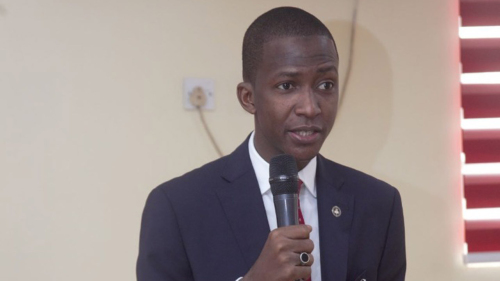LAW ENFORCEMENT 20/12/2022
Campaign Funding: Crime Proceeds are Sometimes Laundered Through Adverts -EFCC

The Economic and Financial Crimes Commission (EFCC) has called on political parties to ensure they disclose sources of their campaign funds.
Abdulrasheed Bawa, EFCC chairman, who was represented by Hadiza Gamawa, his chief of staff, spoke on Monday during a stakeholders’ summit on addressing the influence of money on the 2023 general election.
The summit was organised by the Independent National Electoral Commission (INEC).
According to guidelines laid out by INEC, political parties sponsoring the election of candidates must submit, to the commission, audited reports of their election expenses within six months after an election.
Parties are also to submit report of contributions made by individuals and entities within three months after the announcement of the results of an election, indicating the names, addresses, occupation of donor(s), and the amounts.
Speaking on Monday, Bawa said EFCC remains committed to instituting measures targeted at the prevention of vote buying, through surveillance at polling units, investigation, and prosecution of politicians who receive funds to influence election outcomes.
He, therefore, called on political parties to strictly adhere to the election guidelines and to make full disclosure of their sources of campaign finances.
“Electioneering process comes with huge spending, and in some instances, proceeds of crime are laundered through the making of billboards, TV adverts, live shows, print media, and so much more,” he said.
“We are, therefore, calling on all political parties to strictly adhere to the electoral guidelines, other extant laws and regulations aimed at addressing the use of funds to influence general elections, and make full disclosure of their sources of campaign finances.
“It is our firm belief that curbing the use of funds to influence election outcomes is the right step in ensuring that we install leaders who will uphold probity, integrity, and accountability.
“It is, therefore, in the interest of every Nigerian desirous of a better future for us and our unborn generations to insist on, free, fair, and credible elections.”



